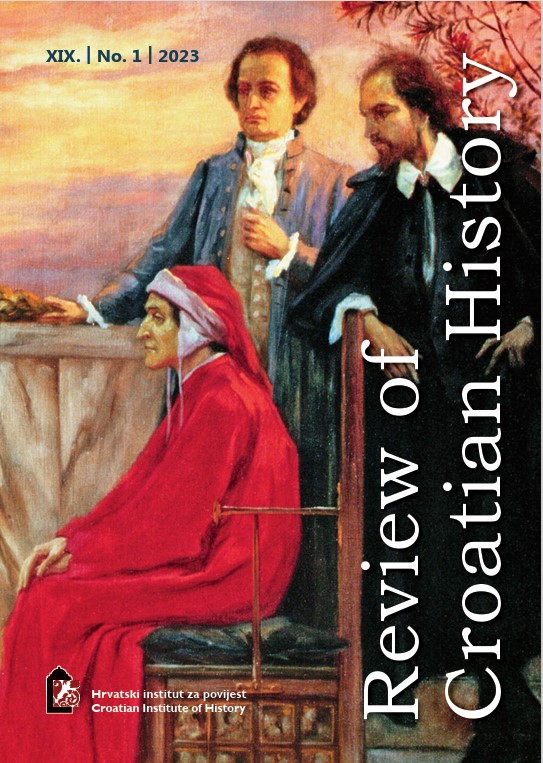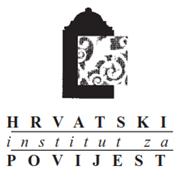Parliamentary Immunity in the Kingdom of Croatia and Slavonia in the Second Half of the 19th Century and Its European Models
DOI:
https://doi.org/10.22586/rch.v19i1.28472Keywords:
Parliamentary Immunity; English Model; French Model; Kingdom of Croatia and Slavonia; Law on the Inviolability and Non-Accountability of Parliamentary MembersAbstract
The paper discusses the development of the English model of parliamentary immunity, which was limited to non-accountability immunity, and the French model. During the revolutionary events in France at the end of the 18th century, the French model established a two-tier system that included both non-accountability and inviolability immunities. With the development of parliamentary systems during the second half of the 19th century, the French model was adopted throughout continental Europe, including Austria, Hungary, and the Kingdom of Croatia and Slavonia. This paper focuses on the Law on the Inviolability and Non-Accountability of the Parliamentary Members, issued for the Croatian Parliament on May 16, 1867, and its application, especially during the early years of the administration of Ban Khuen-Héderváry.
Downloads
Published
How to Cite
Issue
Section
License
Copyright (c) 2023 The copyright holders are the Croatian Institute of History (as the publisher) and the authors.

This work is licensed under a Creative Commons Attribution-NonCommercial 4.0 International License.
The copyright holders are the Croatian Institute of History (as the publisher) and the authors.
The Review of Croatian History is an open-access journal. Its contents are freely accessible in their entirety. Users may read, download, copy, distribute, print, search, or put links to its material, and to change, reword, and process the material or use it in other legal ways, as long as they cite the original in the appropriate manner, in accordance with the Creative Commons licence CC BY-NC.
Works published in the Review of Croatian History may be deposited in institutional or thematic repositories, as long as the appropriate links to the web pages of the Journal and Hrčak (central portal of Croatian scientific journals) are made available.
The self-archiving policy is indexed in the Sherpa/RoMEO database, where it is visible that the journal allows the depositing of unreviewed (pre-print), reviewed (post-print), or publisher’s versions of the work.


